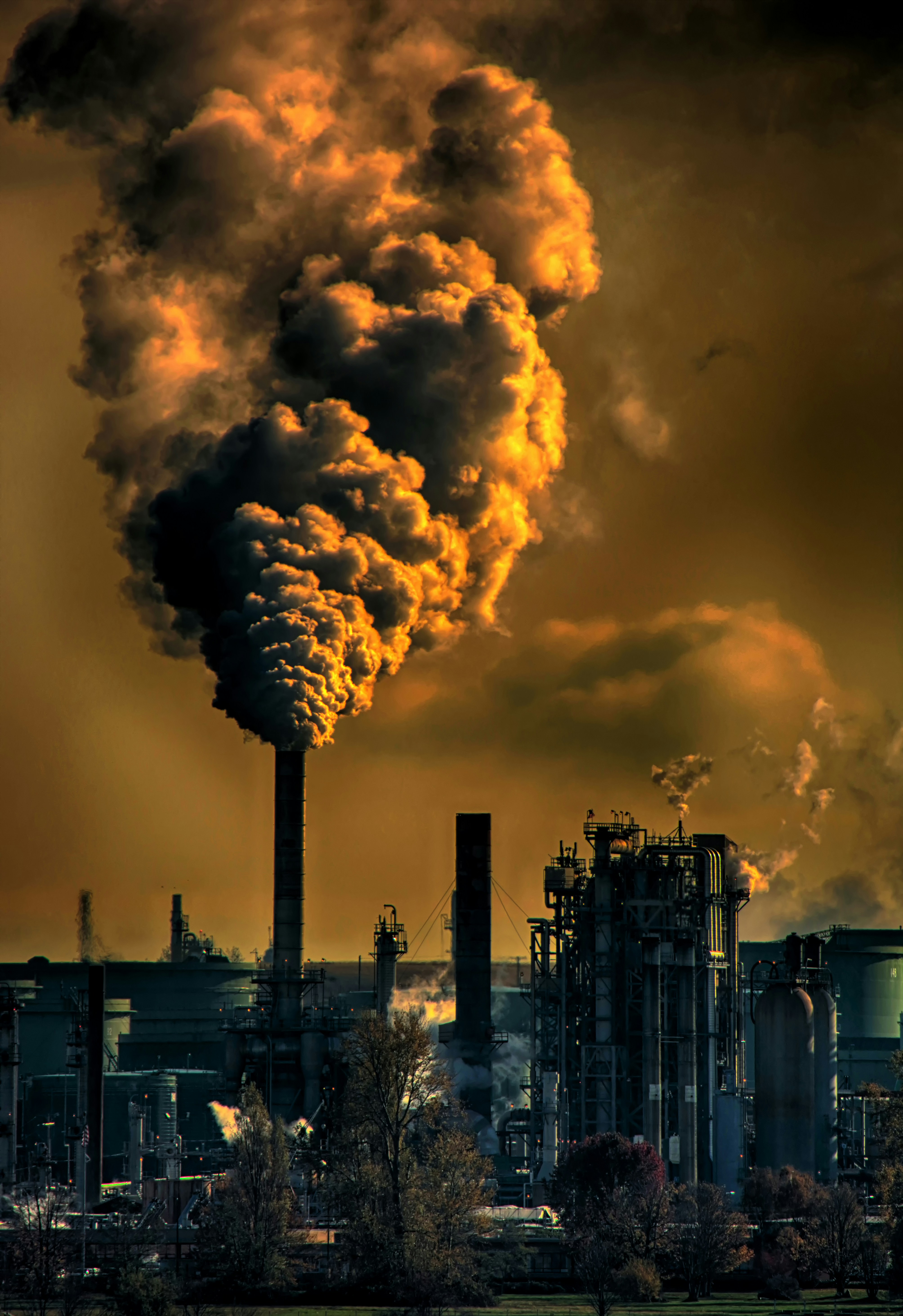Turning The Tide: How Biden's Policies Are Reducing Methane Emissions In The Permian

The Permian Basin, one of the world’s largest oil and gas production regions, has long been a hotspot for methane emissions. Methane, a potent greenhouse gas, has been a significant contributor to climate change and local air quality issues. The Biden administration’s recent crackdown on methane emissions marks a turning point in addressing this environmental challenge. This article explores the policies driving the change, the resulting impacts, and the broader implications for the energy sector and the environment.
The Problem of Methane Pollution in the Permian
The Permian Basin spans West Texas and southeastern New Mexico, producing nearly 5 million barrels of oil per day. However, its vast oil and gas operations also make it a major source of methane emissions. Methane’s greenhouse effect is over 80 times stronger than carbon dioxide in the short term, making its reduction critical to mitigating climate change.
Historically, methane emissions in the Permian have resulted from leaks, venting, and flaring—the intentional burning of excess gas. Poor enforcement of regulations and the high costs of capturing methane have allowed emissions to persist, creating challenges for both environmentalists and regulators.
Biden Administration’s Methane Policies
To address these issues, the Biden administration introduced a series of measures aimed at curbing methane pollution:
Stricter Enforcement of Regulations: Federal agencies like the Environmental Protection Agency (EPA) have increased inspections and penalties for methane leaks and noncompliance with emission standards.
New Regulations on Flaring and Leak Detection: The administration implemented rules requiring companies to adopt advanced leak detection technologies and reduce flaring to near-zero levels.
Incentives for Cleaner Technologies: Financial incentives and grants have been provided to encourage the adoption of methane capture systems and other sustainable practices.
These efforts are complemented by collaborations with state governments and industry stakeholders, ensuring a more unified approach to tackling methane emissions.
Measurable Impacts on Methane Emissions
The results of these policies have been significant. Data shows a sharp decline in methane pollution across the Permian Basin, with some areas reporting reductions of up to 30% compared to previous years. Key contributors to this progress include:
Technological Advancements: The widespread use of infrared cameras and other advanced leak detection systems has allowed companies to identify and address methane leaks more efficiently.
Industry Compliance: Major oil and gas operators have adopted stricter protocols to align with federal regulations, leading to noticeable improvements in emission controls.
Environmental Benefits: Reduced methane emissions have not only mitigated climate impacts but also improved air quality for communities near oil and gas operations.
Challenges and Criticisms
Despite these successes, challenges remain. Some industry groups have resisted the new regulations, citing increased operational costs and potential disruptions to energy production. Smaller operators, in particular, have struggled to meet the financial demands of compliance.
There are also concerns about balancing environmental goals with energy security. As the global demand for energy continues to grow, ensuring a steady supply while reducing emissions presents a complex challenge. Additionally, ongoing legal and political opposition to federal methane regulations could slow progress in the future.
Broader Implications for the Energy Sector
The Biden administration’s crackdown on methane emissions is setting a new standard for environmental responsibility in the oil and gas industry. These efforts are likely to influence regulatory frameworks in other oil-producing regions, both within the United States and globally.
Moreover, methane reduction initiatives are a key step in the transition to cleaner energy. By demonstrating the feasibility of lowering emissions in oil and gas operations, these policies support broader climate goals while highlighting the need for continued innovation and investment in renewable energy sources.
Conclusion
The Biden administration’s policies to reduce methane emissions in the Permian Basin mark a significant milestone in environmental protection and energy industry accountability. Through stricter regulations, technological advancements, and collaborative efforts, methane pollution has been sharply reduced, offering a model for sustainable practices in oil and gas operations.
As progress continues, maintaining momentum and addressing remaining challenges will be crucial. The successes in the Permian demonstrate that with the right policies and tools, the tide can be turned in the fight against methane emissions, paving the way for a more sustainable future.
Author: Brett Hurll
Copper's Comeback: Inside BHP And Lundin's Argentine Asset Acquisition
Copper, often dubbed "the metal of electrification," is experiencing a resurgence in demand due to its critical role in ... Read more
Revitalizing Commodities: How Clean Energy Is Breathing New Life Into A Stagnant Market
The commodities market, traditionally a cornerstone of investment portfolios, has experienced a decade of stagnation. Ho... Read more
European Airports Disrupted By Escalating Climate Protests
Climate activists have escalated their protests at European airports, blocking runways and causing flight disruptions in... Read more
Hungary's Russian Oil Dilemma: Why Brussels Is Cautious In Offering Support
Hungary's reliance on Russian oil has led it to seek support from Brussels to ensure continued access to this crucial en... Read more
Unveiling China's Secret Commodity Stockpiles: What Lies Ahead?
Xi Jinping's extensive reserves of grain, natural gas, and oil hint at future challenges.In a move shrouded in secrecy, ... Read more
Copper Miners Brace For Industry Overhaul As End Users Seek Direct Deals
The copper mining industry is bracing for a significant overhaul as end users, including cable manufacturers and car com... Read more

